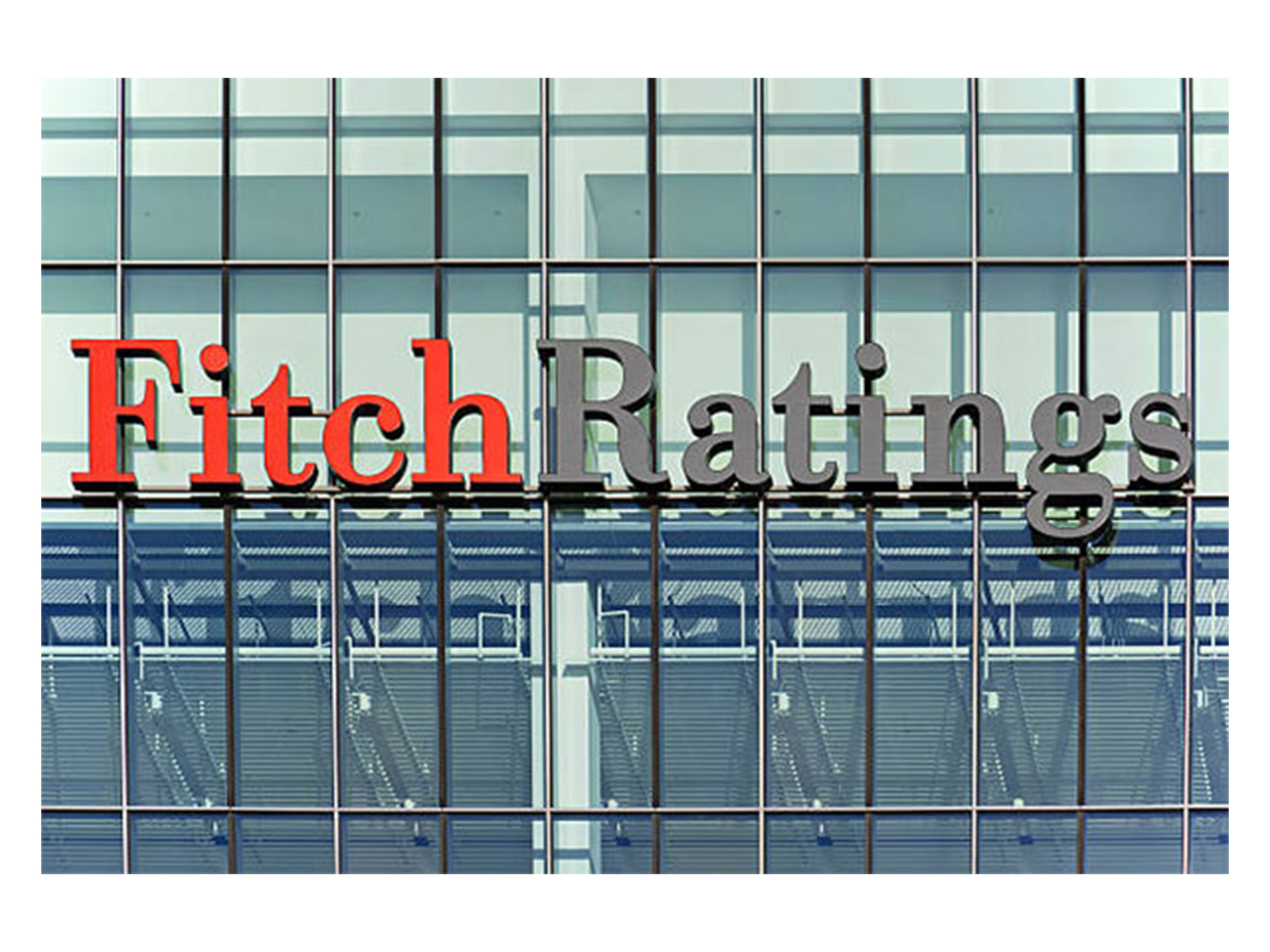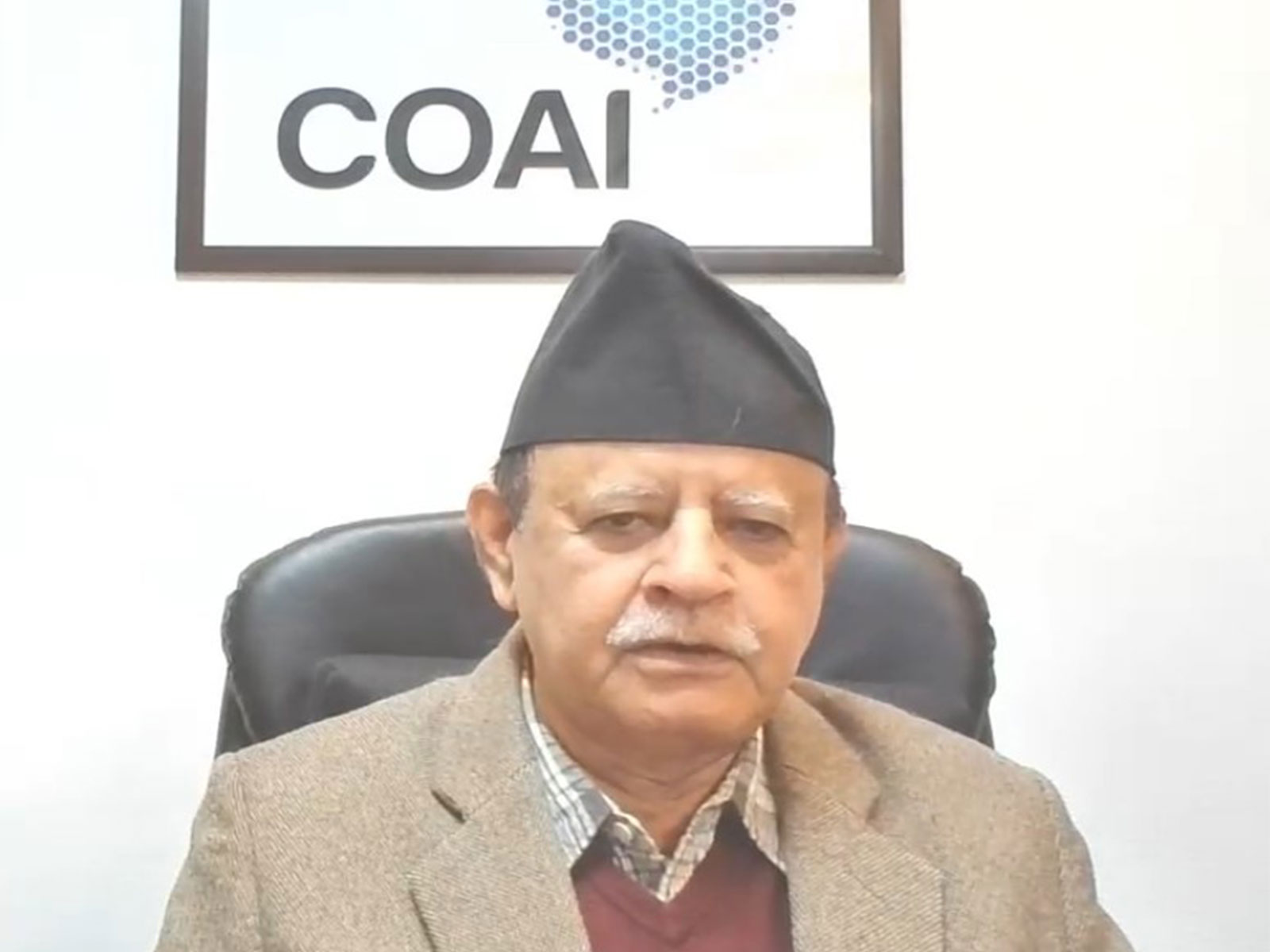SEBI approves relaxation of compliance for FPIs investing only in G-Sec, takes several key decisions
Jun 18, 2025

Mumbai (Maharashtra) [India], June 18 : The market regulator Securities and Exchange Board of India (SEBI) on Wednesday approved a set of relaxations for Foreign Portfolio Investors (FPIs) investing in Indian Government Bonds (IGBs), also known as G-Secs.
The decision is part of a series of proposals cleared by the SEBI Board during its meeting that took place in Mumbai.
The market regulator has harmonised the periodicity of Know Your Customer (KYC) reviews for GS-FPIs with those mandated by the Reserve Bank of India.
SEBI Chairman Tuhin Kanta Pandey made the announcements of SEBI Board decisions on Wednesday.
In another critical relaxation, GS-FPIs will be exempt from submitting investor group details, a requirement primarily intended for monitoring equity and corporate bond exposures.
Since GS-FPIs are limited to sovereign debt, SEBI has deemed this requirement unnecessary in their case.
Additionally, Non-Resident Indians (NRIs), Overseas Citizens of India (OCIs), and resident Indians will now be allowed to be constituents of GS-FPIs.
In a procedural relief, the deadline to intimate SEBI about material changes in GS-FPI setup has been extended from 7 days to 30 days.
This provides more flexibility to investors while still ensuring regulatory oversight.
SEBI clarified that both existing and new FPIs seeking to be classified as GS-FPIs will be subject to conditions that the regulator may specify from time to time.
The capital market regulator approved several other proposals in its board meeting, offering significant relief to startup founders, alternative investment funds (AIFs), and listed entities planning qualified institutional placements (QIPs).
The SEBI board cleared a proposal allowing startup founders to retain or exercise Employee Stock Option Plans (ESOPs) granted at least one year before the Initial Public Offering (IPO) filing, even after being classified as promoters. Under current norms, promoters cannot hold or be granted share-based benefits such as ESOPs at the time of filing the Draft Red Herring Prospectus (DRHP), forcing them to liquidate these holdings before the IPO.
The new proposal addresses the long-standing grievance of startup founders adversely impacted by this restriction, offering a significant policy relaxation that supports founder retention and motivation during the IPO journey.
In a move to ease capital-raising by listed firms, SEBI approved amendments to the SEBI (Issue of Capital and Disclosure Requirements) Regulations, 2018, simplifying and streamlining placement documents for QIPs. The changes build on earlier efforts to simplify disclosures for rights issues and are designed to reduce duplication of information already available in the public domain.
The amendments allow listed entities to make summarized and concise disclosures in QIP documents, enabling quicker and more efficient capital access.
SEBI also cleared a long-awaited proposal to allow AIFs to offer co-investment opportunities through a dedicated Co-Investment Vehicle (CIV) under a separate scheme within the AIF structure. This addresses an industry demand that seeks to expand the investment horizon for institutional investors without diluting protections for main scheme participants.
In addition, AIF managers will now be permitted to provide advisory services to any investor, regardless of whether their fund has invested in the relevant listed securities.
Reversing its earlier decision from December 2024, SEBI has decided not to mandate the hiving off of non-regulated activities carried out by SEBI-registered entities into separate legal entities. The revision comes after internal reviews and industry feedback.
SEBI said angel investors must now qualify as Accredited Investors (AIs). Accreditation involves independent verification of investor status with thresholds updated to reflect current market realities.
"Board approved that Angel Investors will now need to be Accredited Investors (AI). Note that in AI, there is independent verification of investor status, with thresholds that update to the current market levels," SEBI board added
"In addition, the Board approved a proposal to amend ICDR so that AIs will be included as Qualified Institutional Buyers (QIBs) for the limited purpose of investments into Angel Funds only. This would allow Angel Funds to show opportunities to a wider pool of eligible investors, while staying in conformity with Companies Act," SEBI added.
SEBI also amended ICDR regulations to classify AIs as Qualified Institutional Buyers (QIBs) for the limited purpose of investing in Angel Funds. This change is expected to broaden the eligible investor base for Angel Funds while maintaining regulatory integrity under the Companies Act.




















